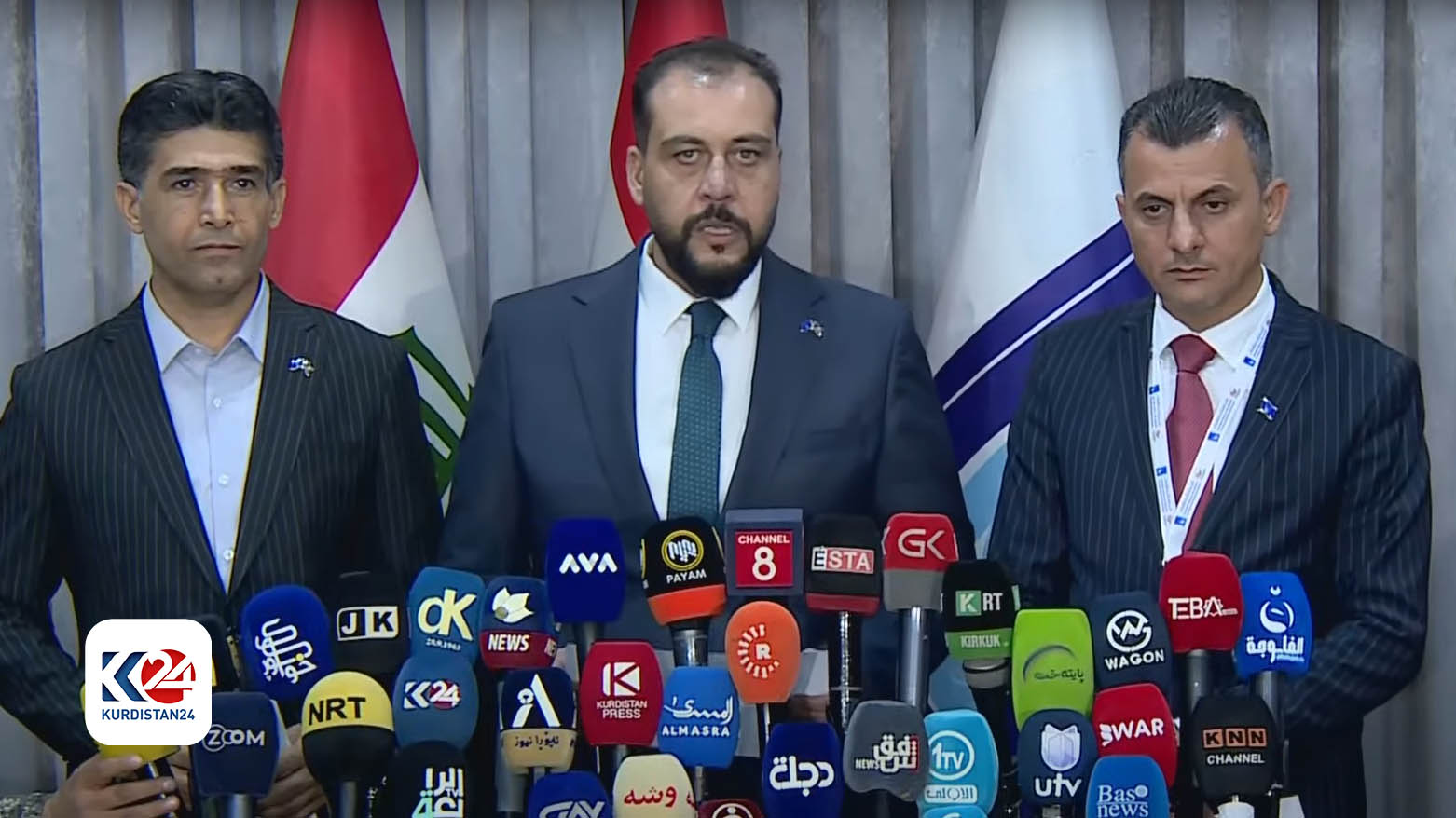Kurdistan Region holds successful special voting for parliamentary elections
Ayser further revealed that of the 215,560 registered special voters, 208,521 cast their ballots, resulting in an overall turnout of 97%.

ERBIL (Kurdistan24) – The special voting process for the sixth session of the Kurdistan Region parliamentary elections was successfully completed on Friday, according to Nabard Omar, head of Kurdistan elections at the Iraqi Independent High Electoral Commission (IHEC). Speaking at a press conference, Omar confirmed that the voting process ran smoothly, with the results promptly transmitted to Baghdad without any technical issues.
Omar emphasized the efficiency of election operations, highlighting that all equipment functioned well throughout the day. "The election was conducted successfully, and we encountered no problems," he said. He also noted the significant presence of observers, with 3,750 international and 1,928 domestic monitors overseeing the polling stations.
While complaints were filed, Omar stated that the exact number is yet to be determined. Addressing concerns about fingerprint-related issues, he clarified that there are two common problems. The first occurs when a voter’s card does not include a fingerprint, while the second arises when a fingerprint is present but unreadable due to illness or injury. Omar urged citizens to ensure their fingerprints are intact for voting, warning that voters whose fingerprints cannot be verified cannot cast their ballots.
In a statement from Dr. Ayser, the commission’s spokesperson, the voter turnout figures across the Kurdistan Region and some Iraqi provinces were released. Participation rates were notably high in Duhok (98%), Erbil (97%), and Sulaimani (97%), with Halabja recording a 96% turnout. In contrast, turnout in other regions such as Kirkuk (56%), Nineveh (43%), and Diyala (62%) was lower. Baghdad's Karkh neighborhood saw 79% turnout, while the Rusafa administrative districts recorded 60%. Anbar and Wasit provinces reported significantly lower participation rates, at 8% and 4%, respectively.
Ayser further revealed that of the 215,560 registered special voters, 208,521 cast their ballots, resulting in an overall turnout of 97%. Special voting commenced at 7 a.m. and continued until 6 p.m., with 48 polling stations designated for special voting in Erbil and 14 in the Soran Independent Administration. A total of 82,470 voters in the region have registered for biometric identification, and 82,880 have received their biometric cards.
The sixth session of the Kurdistan Region parliamentary elections is scheduled for Oct. 20. IHEC has stated that the results of the parliamentary elections will be announced within 24 hours of the completion of the voting process.